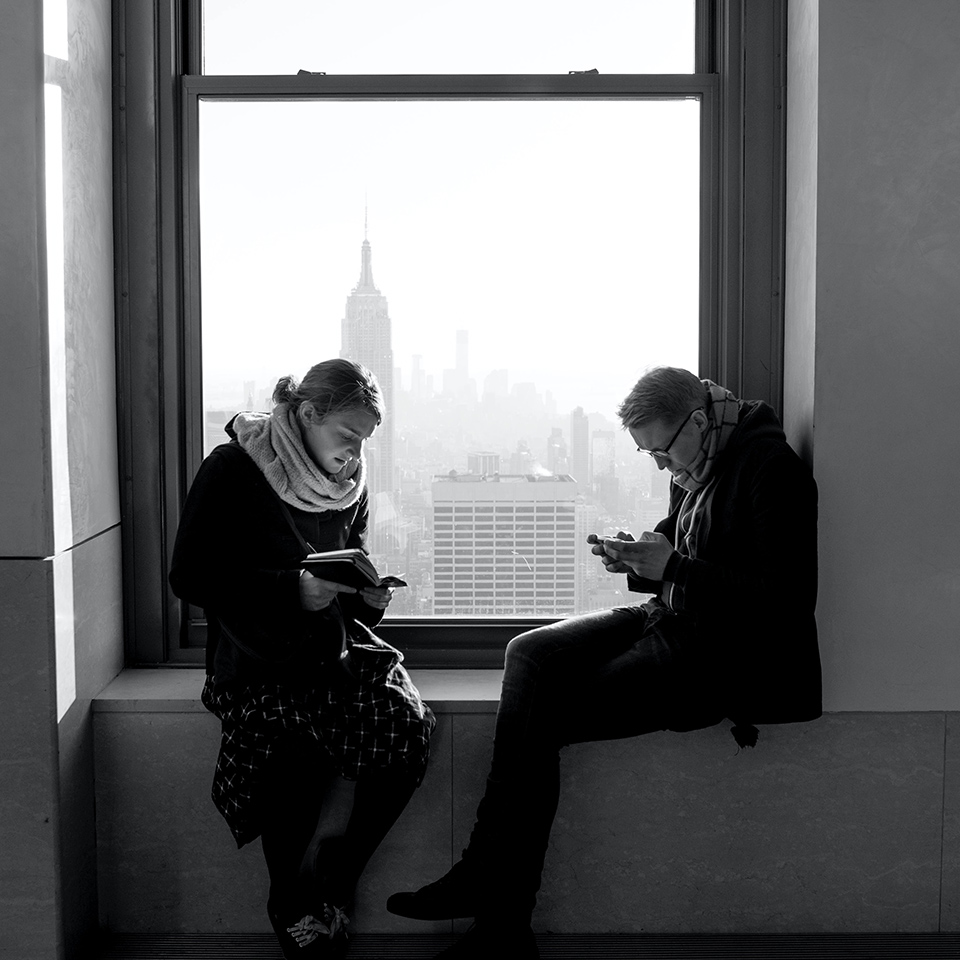A man must not choose his neighbor: he must take the neighbor that God sends him. The neighbor is just the man who is next to you at the moment, the man with whom any business has brought you into contact.
—George MacDonald
When I was studying philosophy in the late 1980s, I was enamored for a time with Martin Heidegger’s idea of geworfenheit, “thrown-ness,” that we each find ourselves thrust into a world not of our choosing. All of it seeming a bit arbitrary, as we are hurled at the moment of conception into a specific place and time, inheriting an unsought history, with parents, siblings, genetics, a social class, government, language, and religion we were never consulted on in advance.
Though as we grow and mature we are ideally able to exercise some increasing measure of freedom and control in shaping the unfolding of our present and our future, we always discover in every new moment that most of what we face in life we are thrown into. Having to swim in the sea of geworfenheit, we must creatively respond to life from within the confines of the “hand that has been dealt to us.”
Of course, the Christian believes that the world into which we are thrown is also a world governed by the mysterious hand of divine providence. But even in that case, the point remains the same—whether we are confronted with a world governed by blind fate or by all-seeing providence, it is always true that we must face a world overwhelmingly beyond our control. Peace is found in acceptance of this iron law.
The limitless tensions that exist between freedom and necessity become the creative forces and dramatic spaces within which creation evolves and we ourselves become who God intended us to become. As Christians, we believe these harsh tensions also entwine a mystic synergy between infinite divine freedom and our finite freedom. This element of “grace” infused in nature transforms the human drama into a theo-drama, and stretches the horizons of possibility to infinite lengths.
This synergy opens up space for the Resurrection of Jesus, which reconfigured entirely the relationship, in the natural order, between freedom and necessity. In Christ, man is given an immediate share in the exercise of primary causality and divine freedom, in influencing the unfolding of divine providence, and so of the course of cosmic history’s unfolding. Here is where prayer gets interesting, and frightening in its call to responsibility. And surrender.
Like the tiny butterfly in Ecuador that (unknowingly) spins up a typhoon in the Philippines by artfully flapping its delicate azure wings, so praying man in Christ co-labors the world into Resurrection by consecrating that world. How? By the free choice of a cruciform, priestly love. Why? Because all “creation waits with eager longing for the revealing of the children of God . . . in hope that the creation itself will be set free from its bondage to decay and will obtain the freedom of the glory of the children of God” (Rom. 8:19-21).
All creation waits on us, on our “yes.” On our fluttering deeds of delicate loving kindness.
Supine, prone. Not sure which to choose here.
Which takes us back to our neighbor, whom we did not choose to be near us, whom we’d rather not lay claim on our love. These nigh neighbors whom God sets alongside us to love intensely, whom we ourselves likely would never have selected had we been given opportunity, are precisely the divinely appointed opportunities we have—daily—to synergize with the God who “so loved” our wretched world. To endure the painful contractions that labor necessity into freedom: that is our primal, daily, minutely, secondly call.
So get to it. Start with the person nearest you, preferably whom you don’t like, and go from there. Love, as you are able. But more, beg for grace from the Risen One, who awaits your “yes” to join his.
